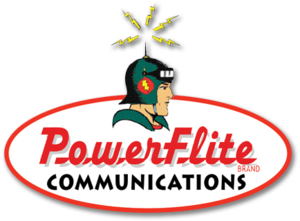Why are American brands everywhere?
/Your question seems simple, but the answer is actually a bit complicated because it's a mix of circumstances and efforts that have led to American (U.S.) brands being in so many places – and so popular – around the world.
First, while Americans do like to think we are great at branding, we would have nothing to brand overseas if not for our government's trade agreements that make our products available worldwide. And those agreements have come about for different reasons over the last 100 years or so, but many of them have gained strength from our mix of safety regulations, natural resources, economic strength, university-based research, political stability, corporate lobbying, and strong tourism.
Then again, while we love to give ourselves awards that say what marketing and branding geniuses we are – Holy Moly do we love to give ourselves awards! – the global strength of our movie and television industries has also helped tremendously. After all, our movies and TV shows have been showing and later mentioning U.S. branded products for decades, which has helped normalize and popularize them wherever the movies and TV shows appear.
However, the U.S. can also only sell brands overseas if the people living in those other countries want to buy them. So most brands that we export have to be among our best (within their category) to compete and, yes, we need to be good branders by learning what each market needs or will enjoy about our products, so that we can market them strategically.
Note that a key part of those strong trade agreements is our own willingness to also import a lot of other countries' brands. So while you may see what seem like a lot of American brands in Shanghai, we are also seeing (and buying) a lot of Sony, Samsung, Dos Equis, Jaguar, IKEA, Bertolli, and other non-U.S. brands in the U.S. because of those good trade relationships.
Last, keep in mind that due to the multi-national nature of business today, more than a few major brands that you may think of as “American” – Purina, Budweiser, Chrysler, Jim Beam, and Frigidaire, for example – are now actually owned by non-U.S. corporations. Those owners don't always sell the products in their home countries under those brand names, so how would you know? But that very fact further reinforces that the success of brands is often as much about the sales, regulatory, trade, and tax environments that are in place as it is about any particular "branding" efforts.

